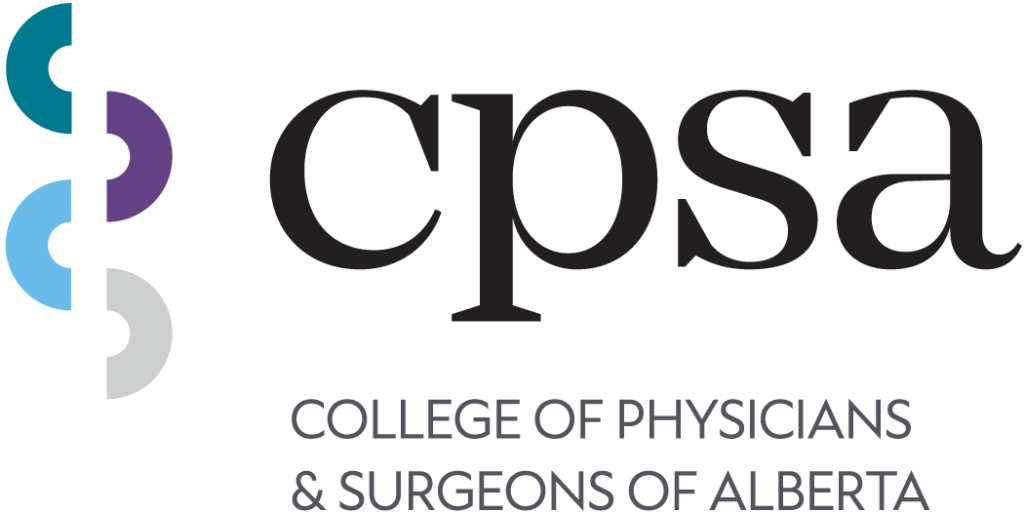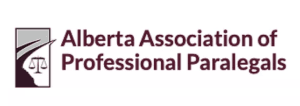Collaborative law, also known as collaborative practice, divorce or family law is a legal process and also an alternative dispute resolution process. It is facilitated by trained lawyers who assist participants in resolving conflict using cooperative strategies rather than adversarial techniques. Through a series of group meetings, lawyers and participants focus on identifying underlying interests and generating solutions that meet them. Everyone involved promising to resolve the divorce without going to court.
Advantages
- Need or desire for separate legal representation
- Power imbalance in your relationship
Disadvantages
The primary downside to collaboration is that if it doesn’t work, your collaborative lawyer is required to withdraw, and you have to start all over with a new lawyer and possibly new experts and advisers. This means a lot of expense and delay while you get your new lawyer up to speed and retain new professionals.









